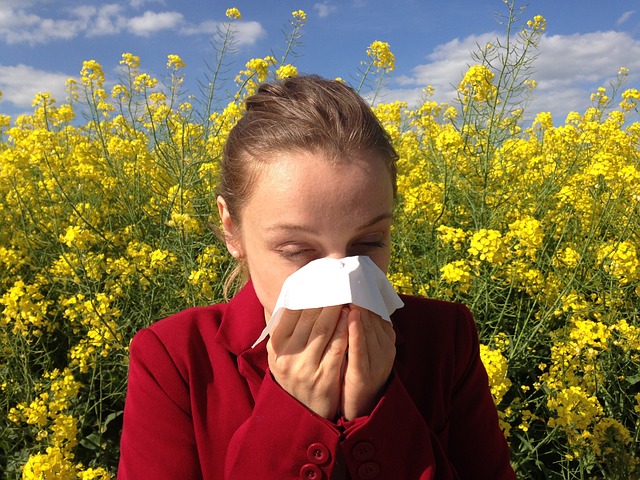By William Reisacher, MD, FAAOA Most people have heard about food allergies, or even know someone who had to run to the ER after eating a peanut or a shrimp. We have seen that food allergies on the rise, cost…
My allergy testing is negative but I still have symptoms.
What should I do?
My allergy testing is negative but I still have symptoms. What should I do?
You suffer through every spring, sneezing and coughing, with pressure in your ears and your eyes are so itchy you’d rather keep them closed!
Your allergist did a blood test, including up to 40 ‘common’ allergens in your region and it was NEGATIVE!!
“Unbelievable!” Your Doctor tells you that you don’t have allergies, but you know that something is wrong. What can you do?
Explore your history: what triggers your symptoms? Think about whether they are worse indoors or outdoors, which seasons, foods, and exposures (pets, mold, dust, etc). Try environmental controls: take measures to reduce exposure to the most common offenders. A few recommended actions include reducing exposure to pet dander, use of HEPA air purifier, wash bed linens in hot water weekly to address dust mites. Avoid foods that seem to trigger your symptoms. For additional measures, discuss with your allergist.
Can I take allergy medicine anyway?
Some patients do not have allergy that will show up on a blood test, even though they experience symptoms when exposed to certain triggers. Sometimes the allergic response is limited to the eyes, ears, and/or nasal and sinus membranes. Despite negative testing, it is a true allergic response and may respond to allergy medications as well as immunotherapy.
The most commonly used medications for allergy are antihistamines, because histamine is released in the body in response to allergic triggers. Speak with your doctor about what might be appropriate for you to treat your symptoms.
Should I get retested?
Two years between allergy tests is reasonable – there are no limitations to the frequency of testing. Skin tests may be more sensitive than blood tests, though both methods are considered accurate for diagnosing allergies. You can talk with your allergist about whether retesting is necessary.
Most importantly, don’t give up just because you have negative testing. Speak with your provider about how to potentially address the symptoms you are still having.





